Why Women Reeling From Miscarriage Are Turning to the Web
Guilt. Powerlessness. Failure. Many women who have miscarried are intimately familiar with these emotions and bear a secret shame. But more and more, women who have suffered pregnancy loss are opening up online.

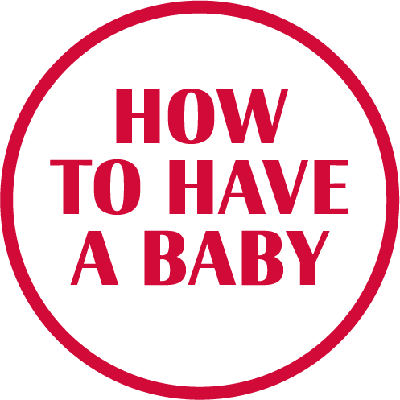
On the morning of June 8, 2018, Danielle Merzatta lay awake in a hospital bed recovering from an ectopic pregnancy. It was 6 a.m. and the medical center in Morristown, NJ, was quiet. The day before, Merzatta, then seven weeks pregnant, had visited her OB-GYN for an ultrasound. On the screen, her doctor had pointed at a perfectly-shaped embryo—in the wrong place.
A few hours later, Merzatta was at the hospital across the street being prepped for emergency surgery. When she woke up, she was no longer pregnant.
It was all painfully familiar. In December 2014, Merzatta, a 34-year-old jewelry designer, suffered her first ectopic pregnancy and almost died. (Referred to by many women as a miscarriage, an ectopic pregnancy is a medical emergency in which a fertilized egg has implanted outside the uterus and is therefore dangerous and unviable). Afterward, she couldn’t shake the feeling that it might happen again. How do I trust my body, she wondered in the months following her first pregnancy loss, when it so failed me before?
In the recovery room, Merzatta’s husband, Chris, lay asleep beside her. It was just before dawn, much too early to reach out to a friend—not that she wanted to have an actual conversation right then anyway. “I didn’t want a give-and-take in that moment,” she recalls later. “I just wanted to put my happening in words, somewhere I could visit it later—and let it go.”
And so from the hospital bed, hours after losing her unborn baby, Merzatta reached for her iPhone and clicked through to the only place she felt she could go. “Another little life lifted up tonight,” she typed, posting a comment on a photo on the Instagram account @IHadAMiscarriage. “Didn’t know who to talk to, but knew I had this Instagram page.”
If you’re reading this, it’s likely you know someone who has miscarried. Maybe you have yourself. Miscarriages are so common, it seems almost trite to repeat the basics here. Yet we will, because despite the prevalence, the knowledge has yet to sink in.
One in eight couples struggle to become pregnant or carry a pregnancy to term. Up to 20 percent of all known pregnancies end in miscarriage. Many more end before a women even realizes she has conceived, and the bleeding that often occurs is easily mistaken for a woman’s expected period. In an original survey Marie Claire conducted with SurveyMonkey, 16 percent of women reported experiencing a miscarriage, while 9 percent said they had lost more than one pregnancy.
Get exclusive access to fashion and beauty trends, hot-off-the-press celebrity news, and more.
Most first-time miscarriages are random. Chromosomal abnormalities—not anything the mother or father did—cause the majority of miscarriages. The risk of chromosomal abnormalities affecting a pregnancy does increase with parental age: The older a woman gets, in essence, the more likely she is to miscarry. While it’s difficult to pinpoint exact figures, groups like the Mayo Clinic and the American College of Obstetricians and Gynecologists say the average 35-year-old woman has a 20 percent risk of miscarriage; at age 40, the risk is about 40 percent. Several other circumstances—chronic medical conditions, hormone imbalances—can play a role, too.
And yet misconceptions about miscarriage remain rampant. In a national survey published in Obstetrics & Gynecology in 2015, 76 percent of respondents believed that stress could cause a miscarriage (it can’t); neither can routine activities such as exercise, sex, and air travel. What’s more, the majority of that survey’s respondents incorrectly believed that miscarriage is rare, occurring in 5 percent or less of all pregnancies. Of survey respondents who had miscarried, 41 percent reported feeling like they had done something wrong to cause it.
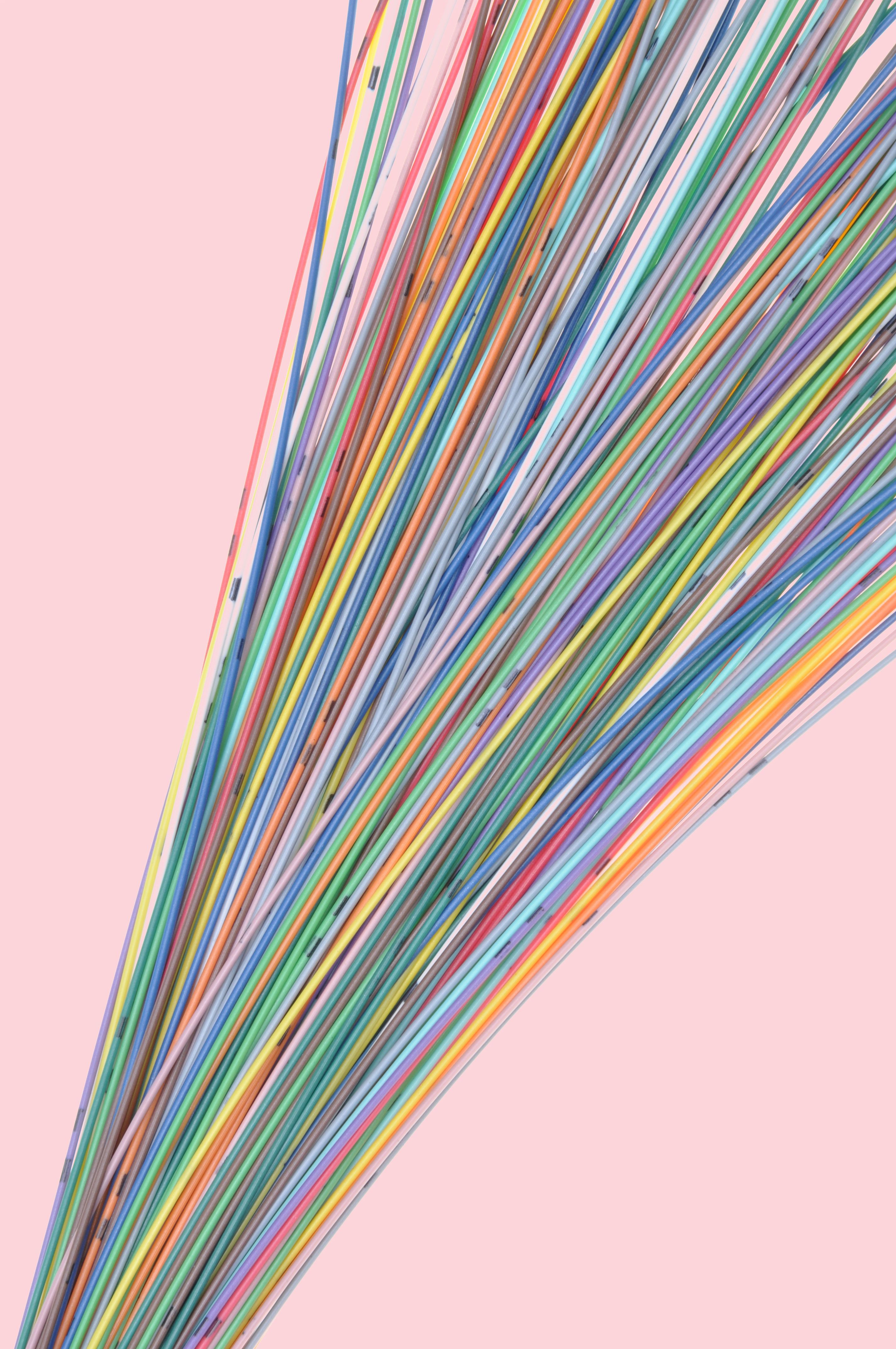
“There’s so much guilt and blame,” says 33-year-old Cynthia Bosse. She’s lost seven pregnancies and has not been able to remain pregnant long enough to have a child. “You ask yourself: ‘Why did this happen? Why me?’ And that turns into a constant cycle for years and years.”
Guilt. Powerlessness. That specific, gnawing feeling of personal failure and profound loss. Many women who have miscarried are intimately familiar with these emotions and bear a secret shame. But grieving a lost pregnancy in private can take its toll.
“You get good at what you practice,” Merzatta tells me, her tone softening. “But you don’t want to get good at this.”
Women have been miscarrying since the beginning of our species. But how women talk about and process miscarriage has changed dramatically, especially in recent years. Increasingly, women are turning to the Internet in the aftermath of pregnancy loss. From chatty Facebook groups to mesmerizing Instagram pages to deeply emotional message boards detailing mourning rituals, myriad online resources exist for women grieving a pregnancy loss. In real life, miscarriage is shrouded in silence. But on the Internet, conversation is robust.
Bosse texts regularly with two women she connected with in a closed Facebook group, “WNY Infertility Mamas,” whose pregnancy loss stories are similar to hers. “We like to think our babies are together in heaven and have found each other and become friends,” says Bosse, a sales systems administrator who lives in a suburb of Buffalo, NY (the “WNY” stands for Western New York). “They understand my specific kind of pain and I understand theirs.”
This shared sense of pain from a unique kind of loss is precisely why Jessica Zucker, a clinical psychologist who specializes in reproductive and maternal mental health, launched the #IHadAMiscarriage campaign in 2014. After publishing a widely-read New York Times piece describing how, four years after the birth of her first child, she’d become pregnant again and miscarried at 16 weeks, the hashtag spread rapidly on Facebook and Twitter. A few months later, Zucker released a line of sympathy cards designed for women who have lost a pregnancy. She’s been working to reduce the stigma around miscarriage and pregnancy loss ever since.
“I created what I wished existed,” says Zucker, who started the @IHadAMiscarriage Instagram account in 2015. Today, it has more than 28,000 followers. Her ultimate goal is to show—not just tell—the statistics surrounding pregnancy loss. “Miscarriage knows nothing of socioeconomics, race, religion, education,” she explains. “I want any woman, anywhere in the world, to be able to look at this page and see herself.”
Aesthetically beautiful and carefully curated, @IHadAMiscarriage pairs personal testimonials with commissioned artwork. Scroll through the feed and you’ll see images of women looking their most vulnerable, cartoons with inspirational phrases, sketches and paintings of female bodies, pictures with flowers and hearts on bellies and breasts. Zucker also regularly posts personal photos—of bumps, scars, babies born still—sent to her by followers.
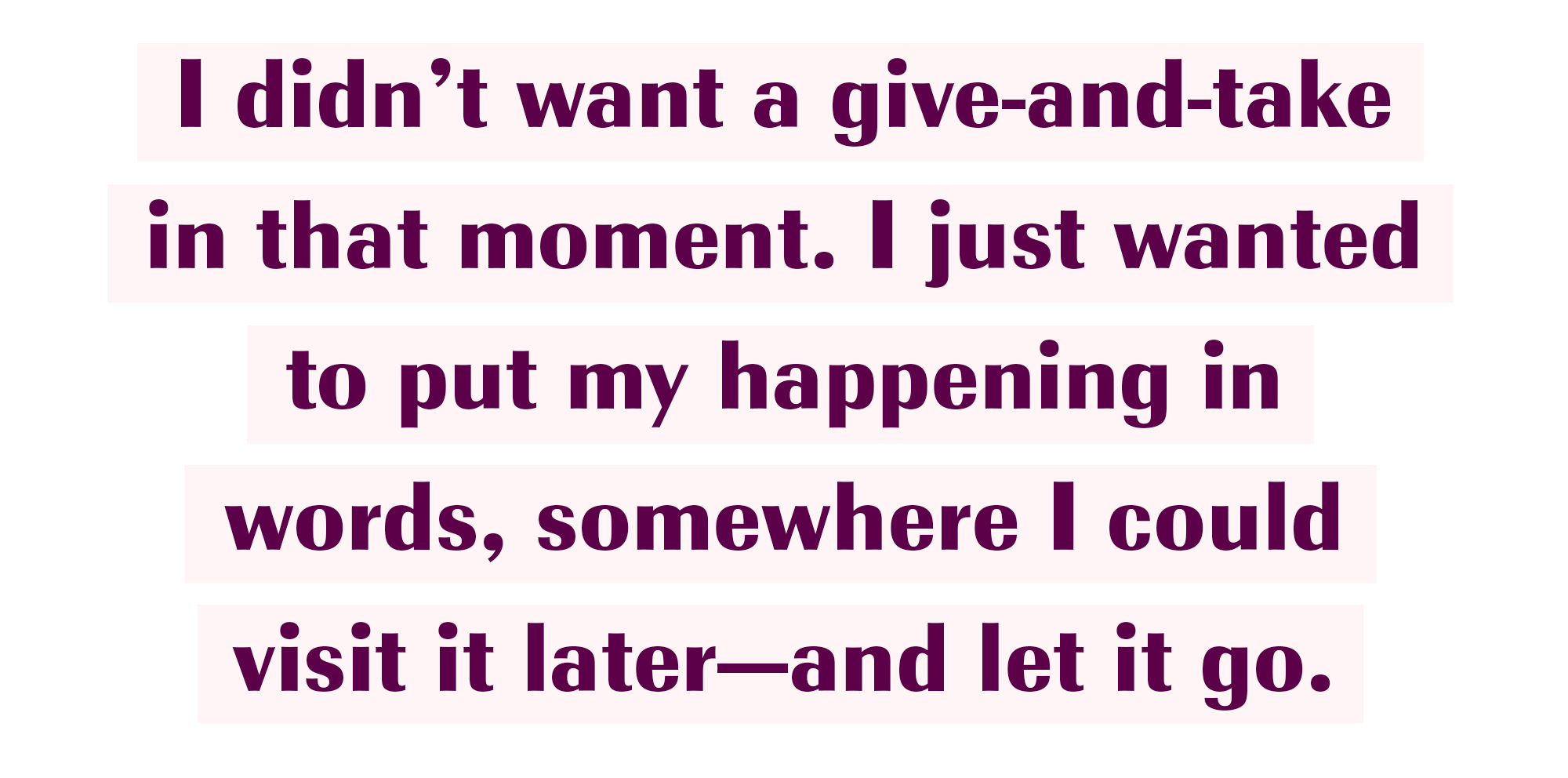
Zucker’s page shows the complex, multifaceted nature of pregnancy loss. The photos and captions are raw and real, but also need to be, she acknowledges, sensitive. The balance can be tricky; occasionally, she’ll receive negative comments on posts, usually when the images are evocative or explicit: a close-up of a woman’s nipple dripping breast milk, a woman’s exposed C-section scar and pubic hair. “I flirt with the edges,” Zucker says.
“Owning the fact that I’d had a miscarriage, enough to even follow @IHadAMiscarriage, was its own kind of reckoning,” Merzatta tells me, adding that she feels the hundreds of women active on the page are better equipped to respond to her loss than members of her own inner circle. She’s recommended the account to friends, but some find the posts to be too sad or too targeted. “Everyone needs something different in their grief.”
There’s no one way to talk about miscarriage, and @IHadAMiscarriage isn’t for everyone; no online community is. But Zucker, who views her Instagram account as a landing page for women for whatever period of time they need it, says that’s the point—often, followers reach out to her directly when they feel it’s time to move on. “People come and go, and I’m okay with that.”
In 2012, when Meredith W. began experiencing heavy vaginal bleeding, she assumed she was peri-menopausal. She was 49, after all. And so when the nurse told Meredith she was pregnant, the mother of six (who’d also had six miscarriages) felt both elated and terrified. It seemed like a miracle—and yet she had a sickening feeling something was wrong.
Something was. Her pregnancy was unviable. Cancerous. An ultrasound showed grape-like clusters filling her uterus. She was diagnosed with gestational trophoblastic disease (GTD), a condition in which tumors grow in the cells that would normally develop into the placenta. The standard treatment for GTD is to remove the tumors by suction dilation and curettage (D&C), which Meredith had two days later. She also underwent a hysterectomy and 13 weeks of chemotherapy.
“To get pregnant without trying at that age, and then to lose it…it crushed me,” Meredith says. “I didn’t tell anybody about it. I didn’t want the questions, didn’t want the sympathy. I felt ashamed of being pregnant because of concern about what people would say: ‘Were you not using birth control? Are you crazy?’”
In the five years following her diagnosis and pregnancy loss, Meredith didn’t meet a single woman with the same rare disease she had. Then, in November 2017, she stumbled upon a closed Facebook group—“Choriocarcinoma & Molar Pregnancy & ALL GTD Support”—of women who did. She immediately messaged the group’s administrator and asked to join.
“When I finally found them, even years after everything was over, it was such a relief,” Meredith tells me. She had, at that point, told only a handful of people about her last miscarriage. The online group served a brief but powerful purpose, connecting Meredith with other women who had experienced the same specific trauma. “Not only did we lose a potential pregnancy, a baby…some of us, like me, lost our parts on top of it.”
“It was just for a season,” Meredith says. “The Facebook group was a way to connect with others who had been through this. So I could say along with them: ‘This was a bigger loss than anyone could ever realize.’”
Pregnancy loss is not an easy subject to broach. As with so many complicated and painful subjects, it can be difficult to know what to say. That’s part of what makes miscarriage so hard to talk about in real life. And it can feel next to impossible to talk about with people who haven’t experienced it themselves. But when you find another person or a group of people who gets it—really gets it—it becomes easier to share your story instead of remaining silent.
It’s only been a few months since Merzatta’s most recent miscarriage. She is still grieving. But she’s learned who and where to go for support—both in real life and online. She knows who will best understand her miscarriage: other mothers who have lost pregnancies, lost fertility, lost babies, lost children of any age. “I knew, from processing my first loss, that @IHadAMiscarriage was a place for me,” she says. “I already belonged to that community, and so after my second loss, I never felt alone.”
“There’s an incredibly fine line between a good response and one that makes you want to curl up into a ball and sob,” says 24-year-old Emma O’Connell, who lives in Wales and miscarried twice before becoming pregnant with her son, Benedict. Some responses were brisk and business-like, laced with a desire to “fix” and ending with a suggestion to try a certain fertility treatment or latest drug. Other were brusque and banal: “Tough times, mate” cut particularly deep.
O’Connell grew to resent hearing certain sentiments—“I’ll pray for you,” “You’re in my thoughts”—despite knowing they were well-intentioned. If you don’t know what to say, just acknowledge that very fact, she suggests. Hardest of all was “when people would try to compare my grief to theirs.”
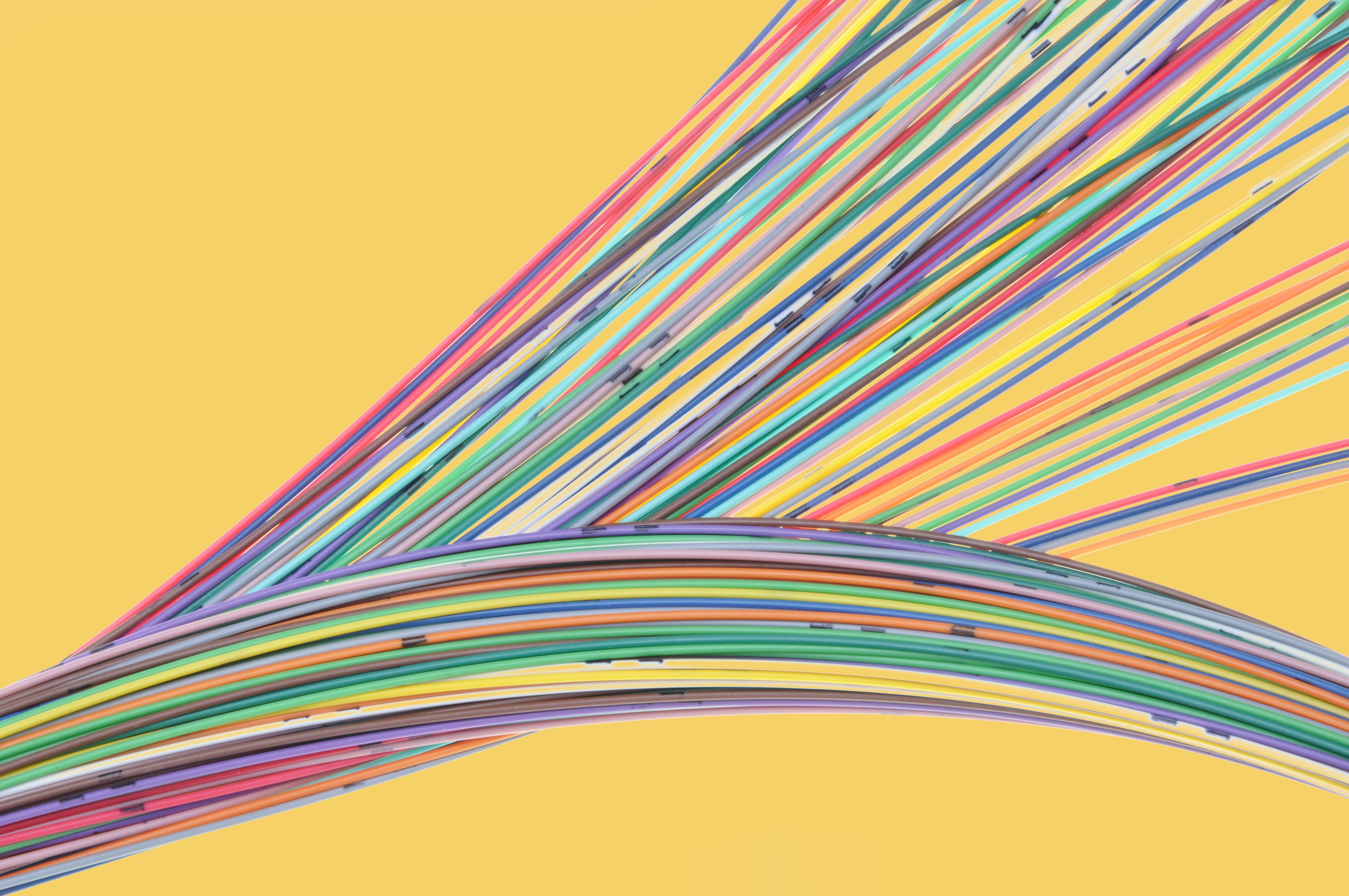
She found support in a Facebook group for Catholic women who have experienced pregnancy loss and who, through their shared faith, attach a similar weight to unborn children. The group, called “Mommy To A Little Saint - Catholic Pregnancy and Infant Loss Support,” has more than 2,500 members.
“I had this very urgent and deep-seated desire to be heard,” says O’Connell, who visits the Facebook page often. “No one in the group is told that their miscarriage ‘doesn’t matter’ or was ‘easier.’ No matter how many losses we’ve had, we’re all welcome and equally supported.”
For some, the decision to publicly post about miscarriage is a fraught one. Weeks after learning she was pregnant, Kristen Tarsiuk stared at an ultrasound screen, praying to see more than just the flicker of a heartbeat. But the fetus had stopped growing, and Tarsiuk’s bloodwork and tests confirmed she was miscarrying; a D&C was scheduled.
The night before the procedure, Tarsiuk, a pastor in Seattle, spent hours writing a blog post she planned to share with friends and family. “But I chickened out,” she recalls. “I sat teary-eyed staring at my computer, and hit ‘draft’ instead of ‘publish.’ I felt so vulnerable. The miscarriage was like a cruel, new level of infertility. It was something I couldn’t fix and my heart just hurt.”
Tarsiuk opened a new window and typed “what to expect after a D&C” into Google. She read that 1 in 4 women experience a miscarriage. Scrolling through online forums, she saw encouraging words and supportive posts written by women who had also miscarried. Tarsiuk felt emboldened. The next morning, minutes before leaving for the doctor’s office, she published her post about miscarrying, writing, “Am I still infertile? Am I healed? What does my 40-year-old heart do with a dream laid down in my 20s?” and shared it on her Facebook and Instagram accounts.
When Tarsiuk checked her phone that evening, her inboxes were overflowing. On Instagram, she received messages from women she’d never met who thanked her for sharing her story; several strangers wrote saying, “I, too, am one of the 1 in 4 women.” Mothers from Tarsiuk’s son’s school reached out offering to make dinners and arrange playdates. A woman Tarsiuk attended church with a decade ago—she’d also suffered miscarriages—offered to drive three hours to take Tarsiuk out for a meal to help her process her loss.
One woman simply asked if she could give Tarsiuk a hug. She had miscarried herself two years prior. “Then she offered to take care of my son for a few hours. She told me how having a few hours a week to herself during her loss helped her have room and space to grieve.”
The desire to show the human side of miscarriage and infertility, not just the clinical perspective, is what led 31-year-old Alli Kasirer to start FertileGirl, a relatively new online community and content hub. The company launched in April 2017, the same month Kasirer gave birth to twin boys after a year of struggling to get pregnant.
FertileGirl, in some ways, is still finding itself. As a platform, it shares personal stories from its community members as well as educational content directly from experts, several of whom are on the company’s advisory board. The first-person testimonials are user-generated—any FertileGirl member can submit their story—but the content experts contribute is carefully vetted, says Kasirer.
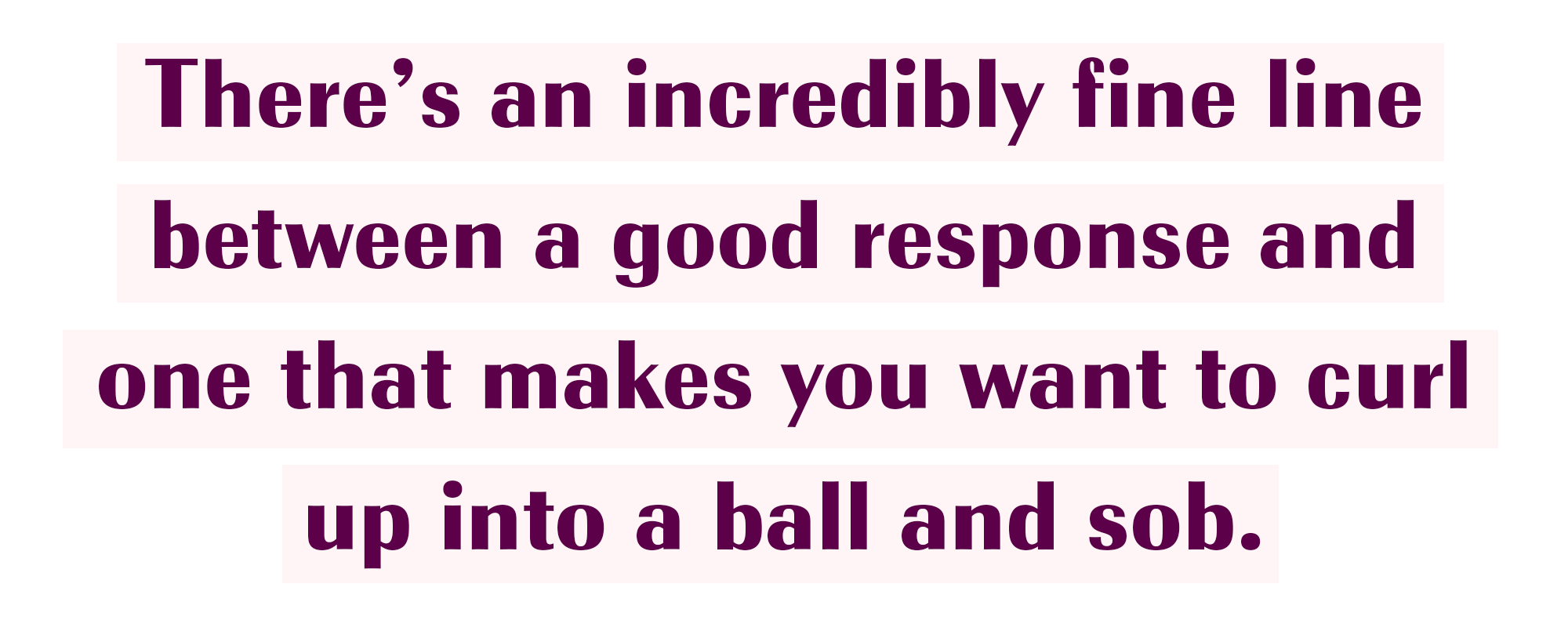
In a social media world replete with pregnancy announcements, gender reveals, and sonograms, Kasirer wanted FertileGirl to show the “behind the bump” stories of women’s pregnancies and help destigmatize infertility and pregnancy loss. The company used to sell superfood nutrition bars—$45 for twelve bars—but has since moved away from selling “pre-pregnancy nutrition products.” (“This conversation is much bigger than a bar,” Kasirer says.) Soon FertileGirl will release a new marketplace with the aim of connecting women with maternal wellness resources and practitioners working in spaces that might augment fertility treatment, like nutritionists, acupuncturists, mental health professionals, and yogis.
“Many of our followers describe that reading the real life stories we publish makes them feel like they’re not alone,” Kasirer explains to me via email. “Many find resources they might not have heard of, like doctors who specialize in recurrent pregnancy loss. Many are just looking for hope.”
In addition to Instagram pages like Zucker’s and online communities like FertileGirl, popular Facebook groups like Miscarriage Matters (4,800 members) and the r/Miscarriage thread on Reddit (more than 3,200 subscribers) offer a rare kind of relief: permission to talk about what hurts.
“My husband is already frustrated with me being so emotional and I don't want to bother him,” a recent post on the sub-Reddit page titled, “I just need to talk about it” reads. “I didn't tell my mother about the pregnancy because she has been going through some stuff as well. I just wish I had somebody to talk to and I don't know why this is happening.”
Other recent post titles on Reddit: “My body is going crazy,” “F this,” “But I want THAT baby,” and “Does this ever end?”
What is it about online communities that help us articulate our sadness? Every woman I spoke with for this article mentioned the “safe space” aspect of the self-selecting online communities they joined after miscarrying. Some mentioned the anonymity—how typing to strangers online is sometimes easier than conversing with friends in person. Several spoke to the positive, genuinely kind atmosphere these online communities foster. “It’s a sisterhood that has a badge of unity to it,” Merzatta explains.
Talking can be a strong tonic, and finding darkness in another story is, as the writer Leslie Jamison once put it, “so much less lonely than fearing the darkness is yours alone.” To share your story in a raw, real way without fear of judgment; to be able to lift up others who share a certain passport of circumstances; to whisper help in the face of a pervasive hush: This, perhaps, is community in its purest form. And maybe the grief is softer because of that.
When I asked Meredith why she remained a member of the Facebook group if it had, as she described, served its purpose, she didn’t hesitate before replying. “Because there may be another season when I start thinking about it again.”
If that season comes, Meredith will know exactly where to go.
If you are struggling with infertility or pregnancy loss, Resolve: The National Infertility Association has a help line dedicated to recurrent miscarriage as well as an online community dedicated to pregnancy loss.
Natalie Lampert has written for The Guardian, The New Republic, Slate, and The Atlantic. She is working on a book about the future of fertility to be published by Ballantine Books, an imprint of Random House, in 2019.
Editors’ note: We use the terms “woman” and “female” in this article to refer to people with internal reproductive organs; however we understand that not everyone with internal reproductive organs identifies as a woman or a female. We use the terms “man” and “male” to refer to people with external reproductive organs; however we understand that not everyone with external reproductive organs identifies as a man or a male.
Natalie Lampert has written for The Guardian, The New Republic, Slate, and The Atlantic. She is working on a book about the future of fertility to be published by Ballantine Books, an imprint of Random House, in 2019.